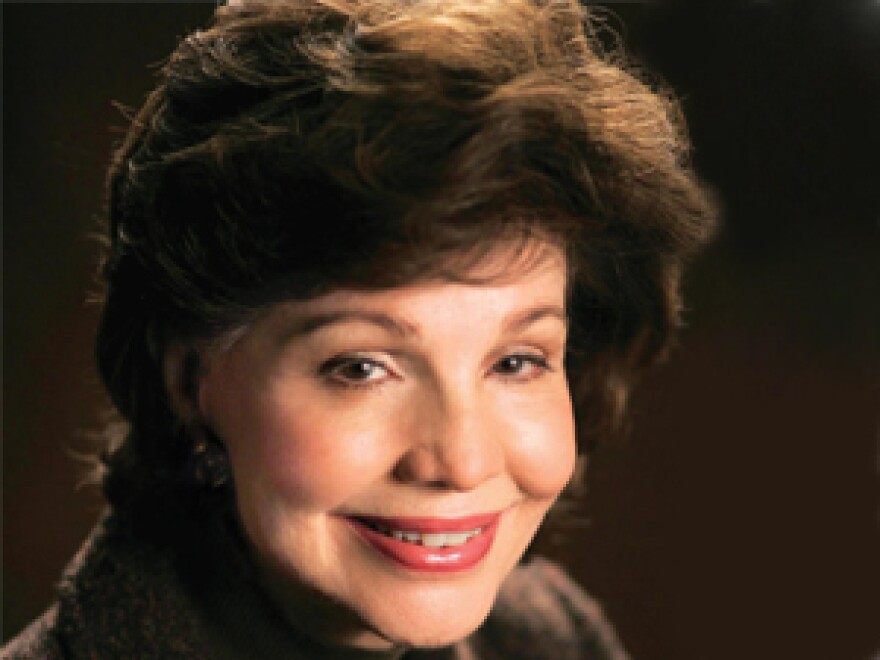Whether or not it leads to real change after the election, commentator Lee Cullum says at least one group in society did get the spotlight during this year's presidential campaign.
With Barack Obama and Mitt Romney falling over themselves to appeal to the middle class, this group has certainly come into its own, at least in terms of political attention, if not action. And not a moment too soon. The middle class is well inclined, if thwarted, to disrupt the orderly rhythms of any nation. That is the central and critical insight of political scientist Francis Fukuyama of Stanford. He has come up with an analysis that governments would be foolish to ignore.
First he rebutes the conventional idea that as people rise from relative poverty to the middle class they develop a stake in the system and don’t want to do anything to tear it down. They may gravitate to political parties on the left or right and argue about how the wealth of the nation is to be distributed, or redistributed, but they all are committed to democracy and markets.
Don’t count on it, Fukuyama says. He points to a fellow political scientist named Sam Huntington, who argued that when there’s a gap between expectations and reality about jobs, trouble may not be far away. Take a low-income person who climbs out of poverty but then slips back into it. That person is less destabilizing to the social order than someone from the middle class with a college degree who cannot find a job and sinks to a level of consumption well above the poverty line but still not considered enough.
This is exactly what we’re seeing today in the anxious anger of many in the Tea Party. The ones lucky enough not to have lost ground yet are afraid they might, especially if, as they see it, Obamacare takes hold and there is a redistribution of medical services. Those looking ahead to Medicare fear that Paul Ryan, and possibly Mitt Romney, would privatize that program and redirect some of the care to younger generations.
It is also what we’re seeing in Chili, where students have been demonstrating for better higher education and other social changes. It’s what we saw in Tel Aviv last year when members of the middle class pitched tents on the tony Rothschild Boulevard to protest the price of houses and the rising cost of living.
And what we are seeing in Greece, says Fukuyama, is a "living laboratory of the political consequences of a country whose citizens" are falling out of the middle class.
He also explores the problem when people gain a foothold in the middle class through jobs in the public sector, jobs in many cases lost in the U.S. to the Great Recession and its murderous aftermath. But reviving work in government to make up for losses in private business, while perhaps a useful emergency measure, would mean, in time, a decline in productivity and prosperity.
So it may be that one of the answers is a massive infusion of funds into infrastructure initiated by Washington but implemented by companies. That would be a powerful away to support the faltering middle class and avert damaging political turmoil no matter who wins in November.
Lee Cullum is a veteran journalist and commentator living in Dallas.


